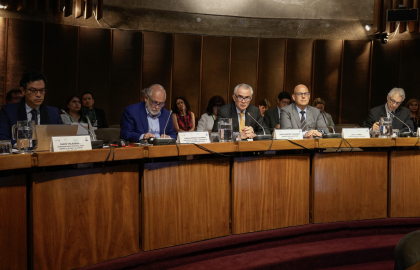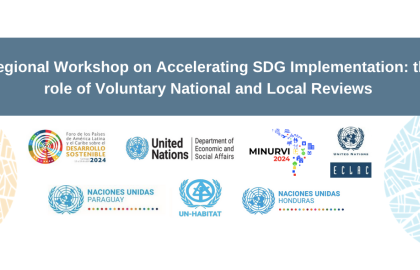
Adequate urban infrastructure and access to basic services, including energy, transport, and mobility, are critical to sustainable urban development. It is essential to include regulations that allow access to decent and adequate housing while understanding the importance of improving informal settlements' conditions.
Documents
-
-
Assessment of the economic costs of vehicle traffic congestion in the Caribbean: a case study of Trinidad and Tobago
-
Financing for climate change mitigation in cities: statements made at the 2023 Ministerial Meeting of the Forum of Ministers and High-level Authorities on Housing and Urbanism in Latin America and the Caribbean (MINURVI)



















